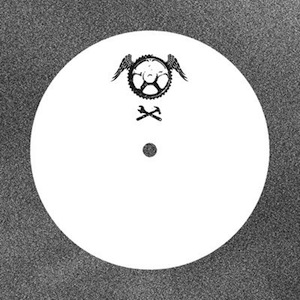Basic Soul Unit Lab.our 01
If Stuart Li were a visual artist, we’d all be talking about his draftsmanship—Basic Soul […]

If Stuart Li were a visual artist, we’d all be talking about his draftsmanship—Basic Soul Unit is all about the quality of his lines. His productions develop with sensuous clarity that we can easily visualize; from the introduction’s steady accumulation of details to the way he sets about sculpting a narrative once things are in motion, this is the work of someone who’s spent a lot of time studying the masters. But nothing gets very far on technical skill alone these days, and Li’s sequencing prowess is matched by a sense of sound design that doesn’t need to get noisy to be thought-provokingly weird. That subtle experimentalism gives Lab.our 01, the inaugural release on his freshly minted label, its drive—half the pleasure of these three tracks lies in how they’re crafted.
Check the way “Innershell”‘s scraping hi-hats, aggressively foregrounded, amplify the sample bubbling lopsidedly in the background—the track wastes no time creating a context spacious enough for a piano vamp and wobbling bass synth to pass through, with each generation of sounds steadily increasing the track’s force. Like a Robert Hood production, everything is under control, every sound has been carefully considered and placed, yet the track feels like it’s about to burst. “Frack” and “Earwerm” follow “Innershell” in contrasting sharp and muffled sounds, but the tension never feels exaggerated. “Frack” has a larval, technoid feel, with mincing claves just barely holding on as Li unleashes a synth line that sucks at the rhythm like an opened airlock. “Earwerm” is a maelstrom of gnashing, open hi-hats, a kick drum that looks to Shed’s brutal wallop, and a belching 303. It’s a noisy defile, but what’s interesting is the way it fails to blot out the dark import of a peripheral, screeching loop, as if someone were vainly trying to apply the brakes. That’s a good metaphor for the EP as a whole: it asserts its quality as a matter of course, but the shadow of something outside Li’s control draws us deeper inside.

